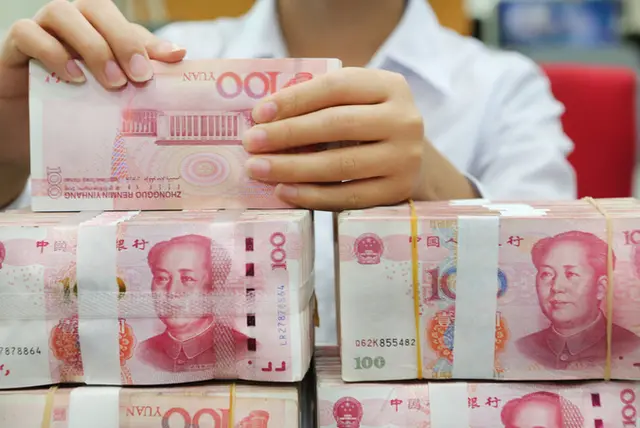A representative of the Democratic People's Republic of Korea (DPRK) on Monday blamed the United States for the failure to resume the Six-Party Talks, citing Washington's "strategic patience and rejecting all dialogue. "
"The U.S. is in pursuit of strategic patience and they are rejecting all dialogue," Ambassador Ri Tong Il, deputy permanent representative of the DPRK to the UN, said here at a press conference. "Only they are interested in creating tension on the Korean Peninsula. No dialogue."
"What they are saying, precondition of the Six-Party Talks, is only pretext for their rejection of dialogue," he said. "The DPRK has been keeping, and remaining, open toward (the) Six-Party Talks without setting any preconditions. Still the DPRK is open, but, I don't believe the U.S. will come to the table."
The Six-Party Talks involving China, DPRK, Japan, Russia, South Korea and the United States began in 2003 but got bogged down in 2009 when Pyongyang representatives walked out.
China has recently been trying to get the talks resumed by organizing an informal meeting between the six nations. However, the United States insists the DPRK dismantle its nuclear program, as Pyongyang has committed to earlier, before the talks are resumed.
The DPRK is under UN Security Council sanctions because of its nuclear program.
Also on Monday at the opening of the Nuclear Security Summit in The Hague, The Netherlands, UN Secretary-General Ban Ki-moon urged the DPRK "to comply with all relevant Security Council resolutions and resolve the problem by peaceful means."
His remarks came in the context of a general appeal for all states involved in the 2015 nuclear Non-Proliferation Treaty Review Conference "to address the legitimate interest of non- nuclear States in receiving unequivocal and legally-binding security assurances from nuclear-weapon states."He specifically named the DPRK and Iran.
"Together, we must ensure that nuclear weapons are seen by States as a liability, not an asset," Ban said.
 简体中文
简体中文

